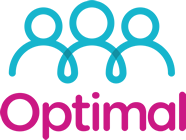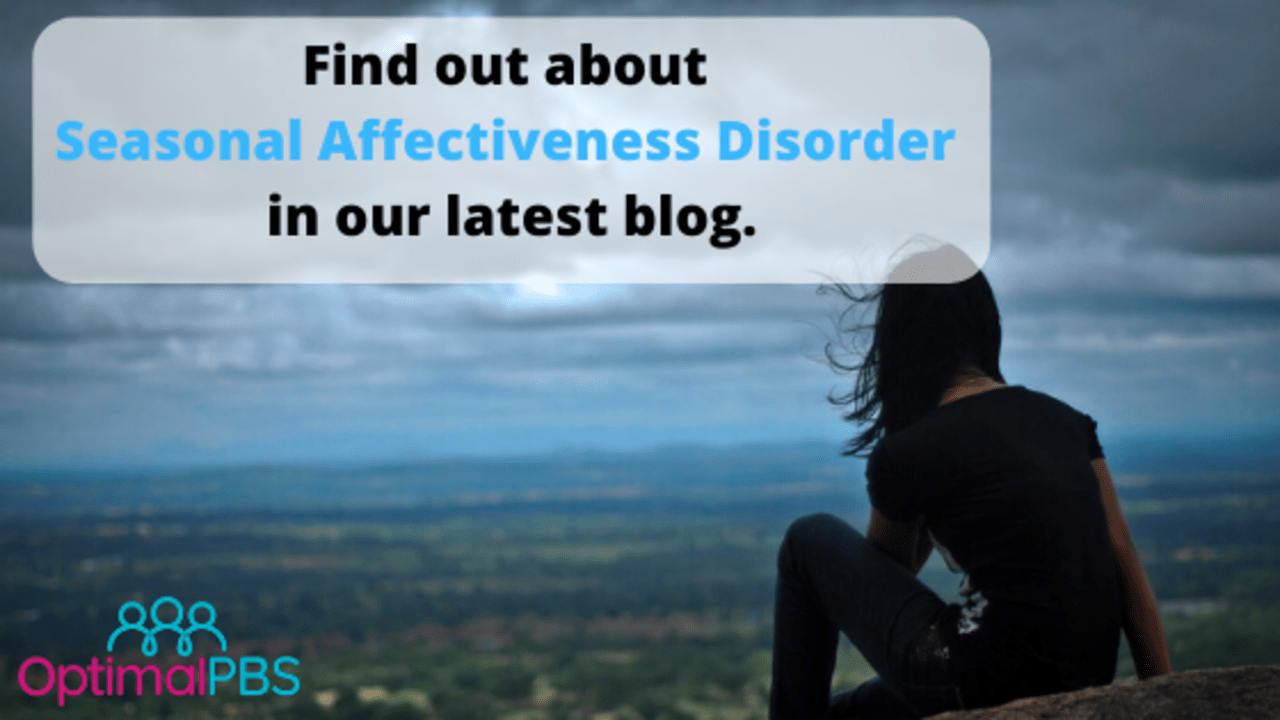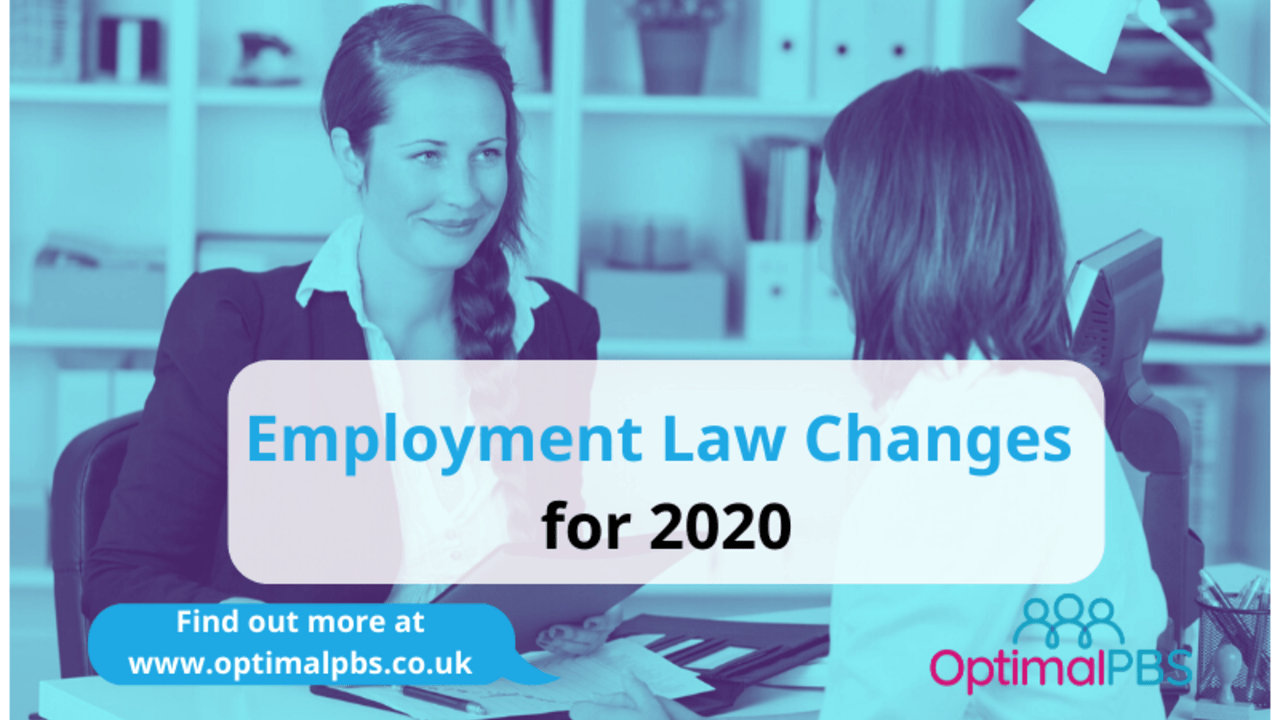Well, it was always a possibility and this week that possibility has come true. The UK is going into lockdown to prevent the spread of a highly contagious disease that is gripping the world.
For years the questions have circulated about the benefits of flexible working and working remotely and now employers have been forced into action and finding solutions to keeping their businesses operating in this challenging, unknown environment. The majority of workplaces are acutely unprepared for this type of crisis situation, disaster protocols are urgently being reviewed, remote working is being tested and the odd bottle of hand sanitiser the Office Manager has managed to get her hands on is being shared by the whole office!
So now we are learning fast about crisis management, we are learning fast about disaster recovery and we are doing it whilst in the middle of a…erm, crisis!
How should you manage your employees in the wake of COVID-19?
The most important element is to ensure there are policies and processes in place to enable people to be able to work remotely if they can, this helps the business remain operational and able to service the clients. It’s also good practice to review your own contractual legislation to make sure employees are aware of the implications of getting infected and what they need to do if this happens.
In terms of work, it is known that the virus is spread in cough droplets, therefore people are currently advised to stay two metres away from anyone who is coughing/sneezing. Coughing/sneezing into tissues and then destroying them immediately will help. Hand washing with soap/water for at least 20 seconds after contact with food/others is suggested.
Self-isolating from others where possible is also advised by the Government with those displaying symptoms self-isolating for at least 7 days and family members living in the same house but not showing symptoms to self-isolate for 14 days.
General advice to help employers manage their employees also includes:
- Keep the communication open so your teams know what is happening and also to prevent isolation, remember, not everyone likes working at home!
- Avoid handshakes in any environment
- Distribute hand sanitisers to those who have to remain in a work environment
- Clean desks, computers, keyboards and telephones frequently
- Reduce meeting sizes and group settings and the length of time they run from
- Allow staff to wear facemasks if they choose to
If you need Free initial HR advice or support in your business to help manage through the coronavirus pandemic, then please get in touch with Optimal PBS on 01422 897152.










